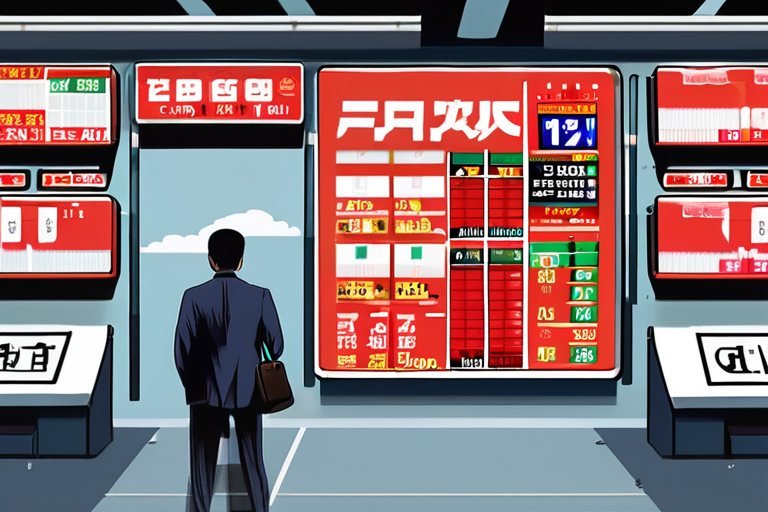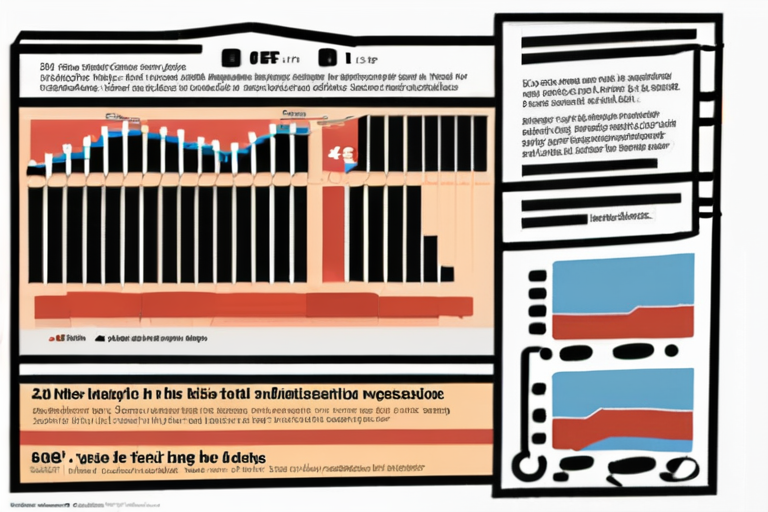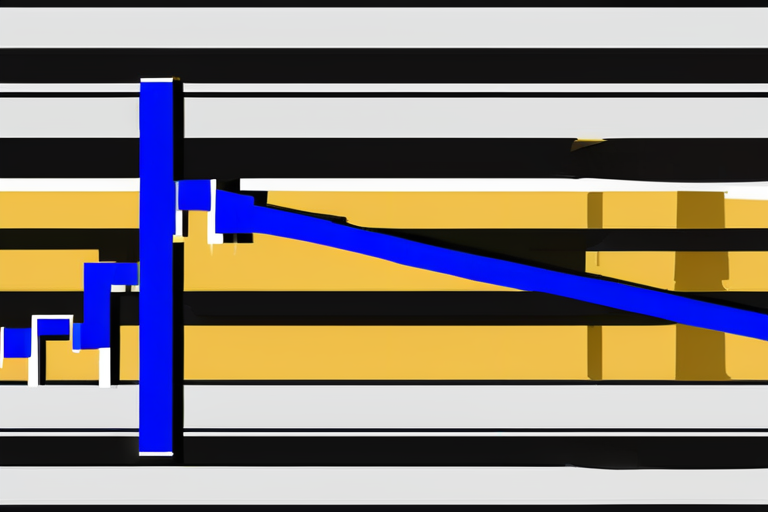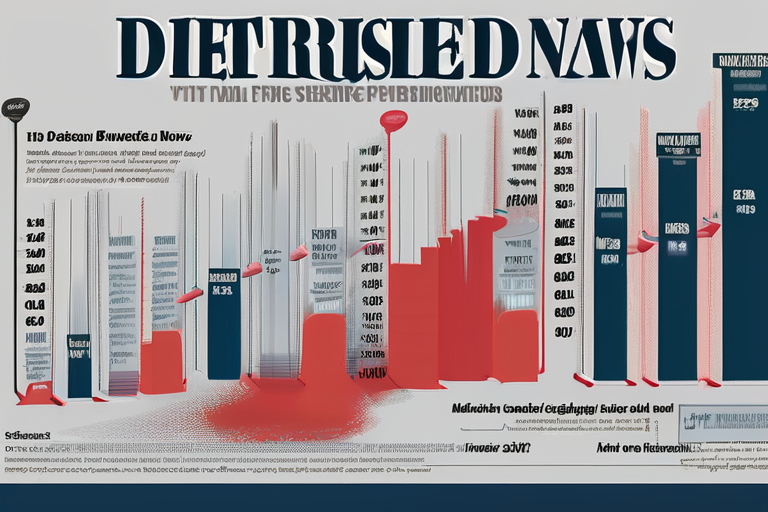Japanese markets have been on a wild ride this week, with the yen and government bonds feeling the heat from Prime Minister Sanae Takaichi's ambitious spending plans. The country's longer-dated government bond yields have reached their highest in over two decades, a staggering 2.7% in some cases, despite relatively muted moves in global peers. Meanwhile, the yen has plummeted to its lowest level since January, trading at a dismal 130.5 against the US dollar.
The numbers are eye-opening, to say the least. According to data from the Bank of Japan, the country's 10-year government bond yield has surged by 0.3 percentage points in just one week, a significant increase that has left investors scrambling to adjust their portfolios. The yen's decline, meanwhile, has been particularly pronounced, with the currency losing 2.5% of its value against the dollar in a single trading session.
So, what's behind this sudden shift in the market? Analysts point to the Prime Minister's plans to boost Japan's economic growth through increased government spending and tax cuts. While the move is intended to stimulate the economy, it has sent shockwaves through the financial markets, with investors growing increasingly concerned about the country's rising debt levels and the potential impact on its credit rating.
The impact on the market has been significant. Japanese companies with large foreign currency-denominated debt are feeling the pinch, with the yen's decline making their debt more expensive to service. This has led to a sell-off in the country's stocks, with the Nikkei 225 index plummeting by 2.1% in a single trading session.
The yen's decline has also had a ripple effect on the global market, with investors growing increasingly nervous about the potential for a currency crisis. The yen's weakness has made it more expensive for Japanese companies to import goods, which could lead to higher prices for consumers and a decline in the country's competitiveness.
The implications for the Japanese economy are significant. If the yen continues to decline, it could lead to higher inflation, which could in turn lead to higher interest rates. This would make it more expensive for consumers and businesses to borrow money, which could have a chilling effect on the economy.
Looking ahead, analysts are predicting a bumpy ride for the Japanese market. While the Prime Minister's plans may be intended to stimulate the economy, they have created significant uncertainty in the market, which is likely to persist in the short term. Investors would do well to keep a close eye on the yen and government bond yields, as any further declines could have significant implications for the Japanese economy.
In the meantime, the Japanese government is likely to face increasing pressure to address the country's rising debt levels and to reassure investors that its economic plans are sustainable. The market is watching closely, and any signs of weakness could lead to a further sell-off in the yen and government bonds.



























Share & Engage Share
Share this article